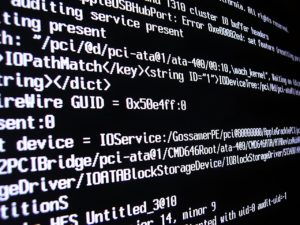
Online Resources Volume 3
Here’s a new set of interesting, free, potentially useful online mental health stuff I’ve run across for clients or clinicians! If you haven’t, check out Vol 1 and Vol 2!
- Project Y.E.S. (Youth Empowerment & Support) is an anonymous program evaluation project being run by scientists at Stony Brook University in partnership with University of Texas Health Science Center at San Antonio – UT Teen Health. Free 30-minute stress-mgmt activities for teens! The idea here is that evidence-based mental health support can be SO much more widely available than it currently is!
- These online “pocket” memory aids cover the basic ideas from several different types of therapy. They’re probably not useful if a client hasn’t engaged in that therapy with you, but after you’ve taught the basics, these can be a good reminder as they practice throughout the week.
- I know there are a million CBT worksheets out there, but I quite like these from Andrew Grimmer (who I don’t know, btw! This is not a shoutout – I just came across them and find many of them more useful than resources from other, more common websites). Some are printables, others are online forms (like a chain analysis that can be filled out by a client midweek and emailed to the therapist!).
- If you’re already familiar with ACT, these are pretty helpful technique explanations/reminders.
- I’m not 100% sure that I haven’t posted this before, but Now Matters Now has some great resources around suicidal ideation.
- And here’s a great little video by Andrew Huberman describing the “physiological sigh” – which is a great quick stress/anxiety tool. On par with the face-in-cold-water technique, but easier to do anywhere!
Comment below: As always, share the cool, free resources you’ve found online, too!

